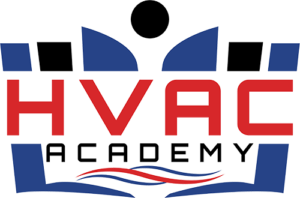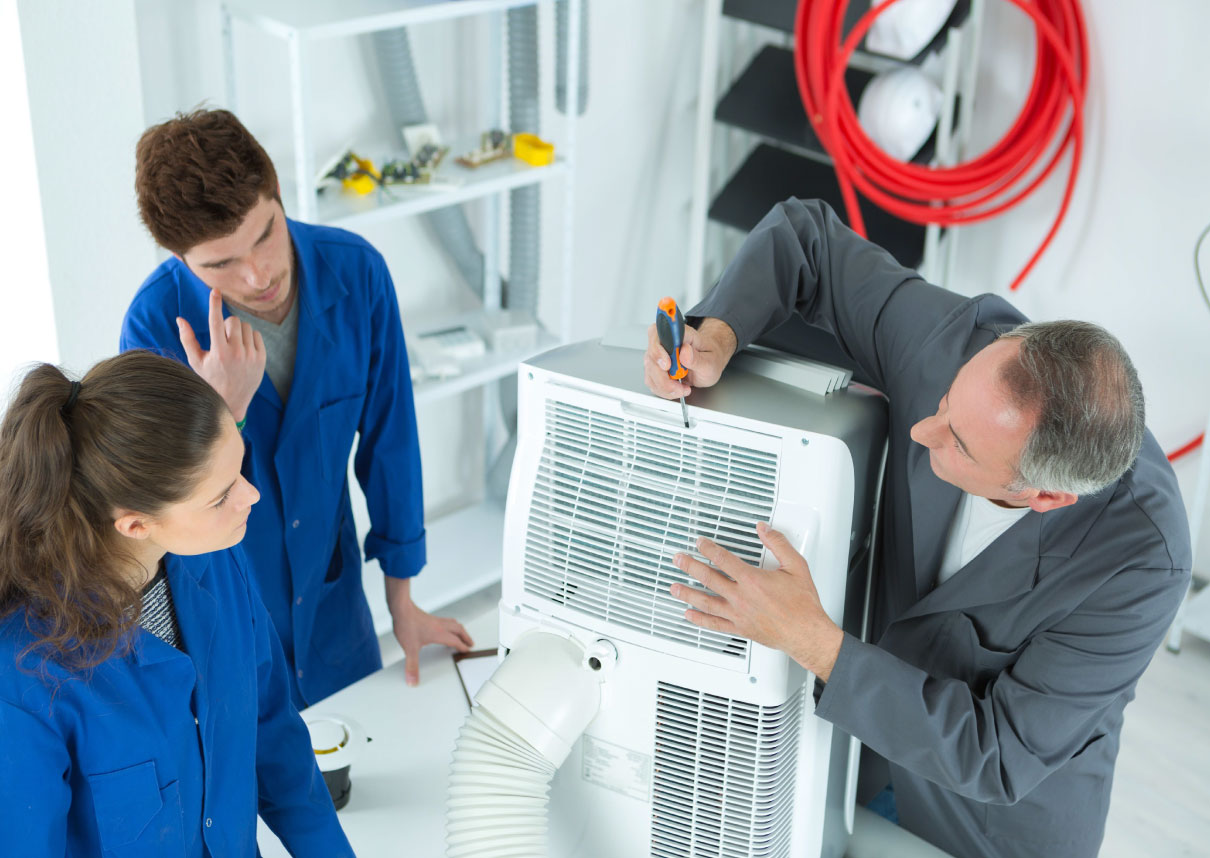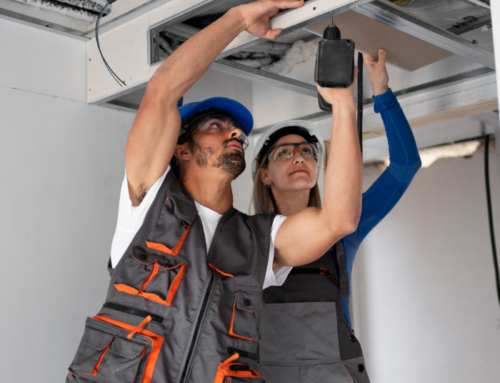As the HVAC (Heating, Ventilation, and Air Conditioning) industry continues to evolve, so too does the landscape of certification and training for HVAC professionals. With advancements in technology, shifting regulations, and an increasing emphasis on energy efficiency and sustainability, the future of HVAC certification and training is set to undergo significant changes. Here are some key trends to watch for in the coming years.
1. Emphasis on Green Technologies
As the global focus on climate change intensifies, the HVAC industry is shifting towards more environmentally friendly practices. Future certification programs will likely incorporate training on green technologies, such as geothermal systems, solar HVAC, and advanced energy-efficient units. HVAC professionals will need to be adept at installing, maintaining, and repairing these systems to meet growing consumer demand for sustainable solutions.
2. Increased Use of Online Training Platforms
The COVID-19 pandemic accelerated the adoption of online learning, and this trend is here to stay. HVAC training programs are increasingly offering hybrid models that combine in-person instruction with online modules. This flexibility allows technicians to learn at their own pace while still benefiting from hands-on experience. Expect to see more comprehensive e-learning platforms that provide interactive simulations, virtual labs, and real-time assessments.
3. Focus on Building Automation and Smart Technologies
Smart home technologies are becoming more integrated into HVAC systems, leading to a demand for professionals who can work with these advanced systems. Training programs will need to include modules on building automation, IoT (Internet of Things) devices, and smart thermostats. Certification programs will likely evolve to cover the installation, configuration, and troubleshooting of these technologies, ensuring HVAC technicians are well-equipped for the future job market.
4. Enhanced Soft Skills Training
Technical skills will always be essential in the HVAC field, but the importance of soft skills is gaining recognition. Future training programs will likely incorporate communication, problem-solving, and customer service skills into their curricula. As technicians often work directly with clients, being able to effectively communicate complex concepts and provide excellent service will be invaluable.
5. Specialized Certifications
As HVAC technology advances, specialized certifications will become increasingly important. Professionals may seek certifications in specific areas, such as ductless systems, indoor air quality, or energy auditing. These specialized programs will provide technicians with a competitive edge and ensure they are equipped to handle diverse HVAC challenges.
6. Regulatory Changes and Compliance Training
With evolving regulations regarding energy efficiency and environmental standards, ongoing education in compliance will be crucial. HVAC professionals will need to stay current on local, state, and federal regulations. Training programs will need to adapt quickly to incorporate new compliance requirements, ensuring that technicians understand the legal and safety standards they must meet.
7. Hands-On Training and Apprenticeships
Despite the rise of online learning, hands-on training remains critical in the HVAC field. Future training programs will continue to emphasize apprenticeships and on-the-job training, allowing technicians to gain practical experience while working alongside seasoned professionals. This real-world experience is essential for developing the skills needed to succeed in the field.
The future of HVAC certification and training is poised for transformation, driven by technological advancements, changing regulations, and an increased emphasis on sustainability. As the industry evolves, professionals will need to adapt by seeking out training programs that align with these emerging trends. By staying informed and continuously updating their skills, HVAC technicians can ensure they remain competitive in this dynamic field and contribute to a more sustainable future.
Register for our HVAC Technician Training Program for a brighter future ahead. Contact us.







Leave A Comment